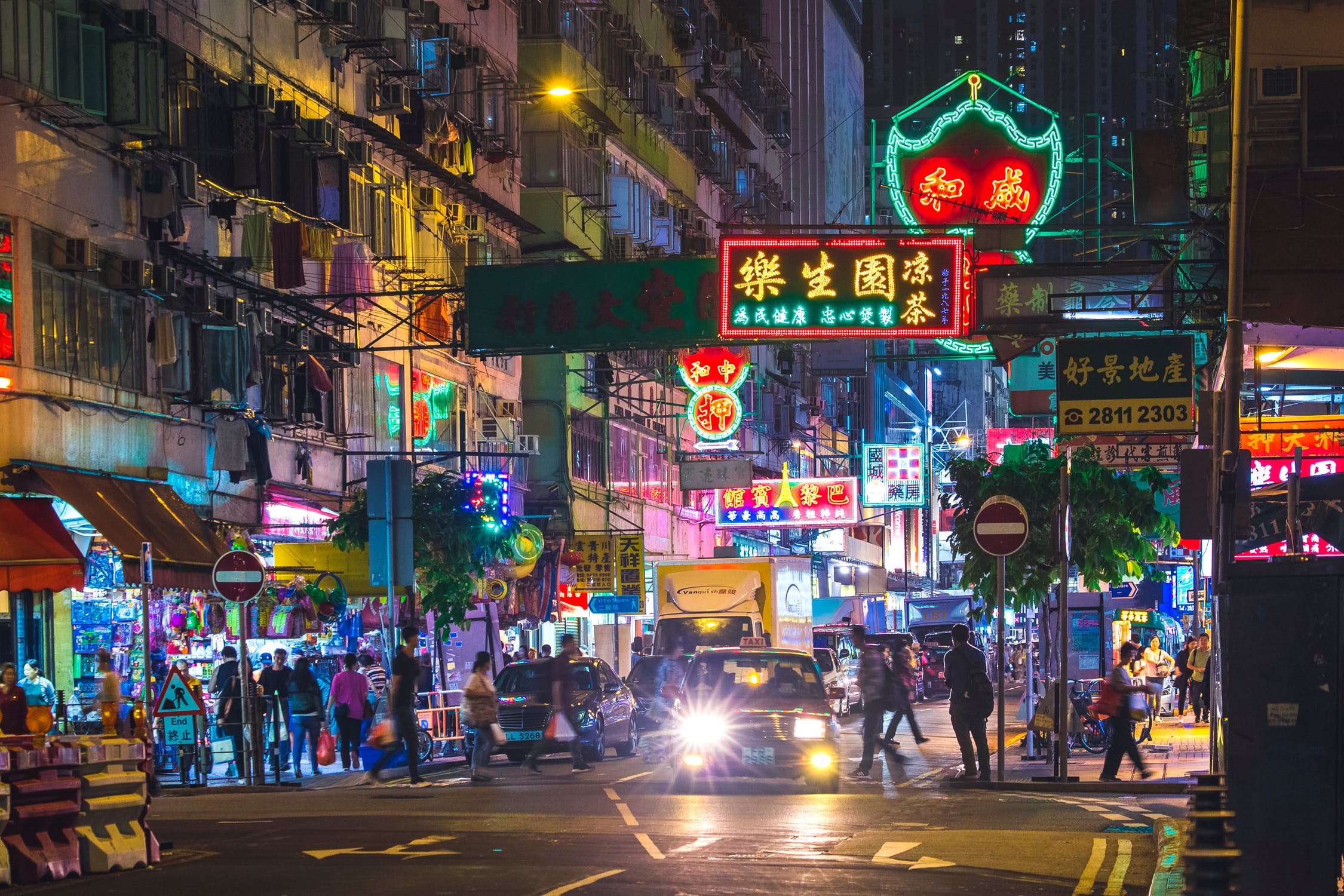
Luo Huining is the most senior person appointed to HKLO since 1990 and he will have a lot discretions. He will take a more proactive approach in Hong Kong affairs and will be a decision-maker instead of a messenger.

Luo Huining is the most senior person appointed to HKLO since 1990 and he will have a lot discretions. He will take a more proactive approach in Hong Kong affairs and will be a decision-maker instead of a messenger.
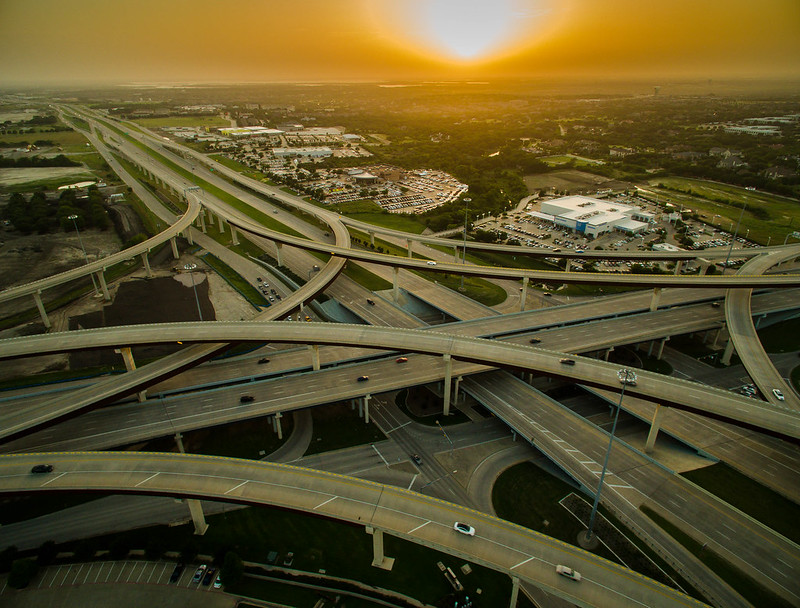
In the last ten days of 2019, a total of 49 prefectural-ranking officials from local governments were transferred across China. Among them, 17 became prefecture-level city party secretaries and 22 became mayors or prefecture-level district heads. These latest transfers are special because they broke a political tradition on cadre transfer.
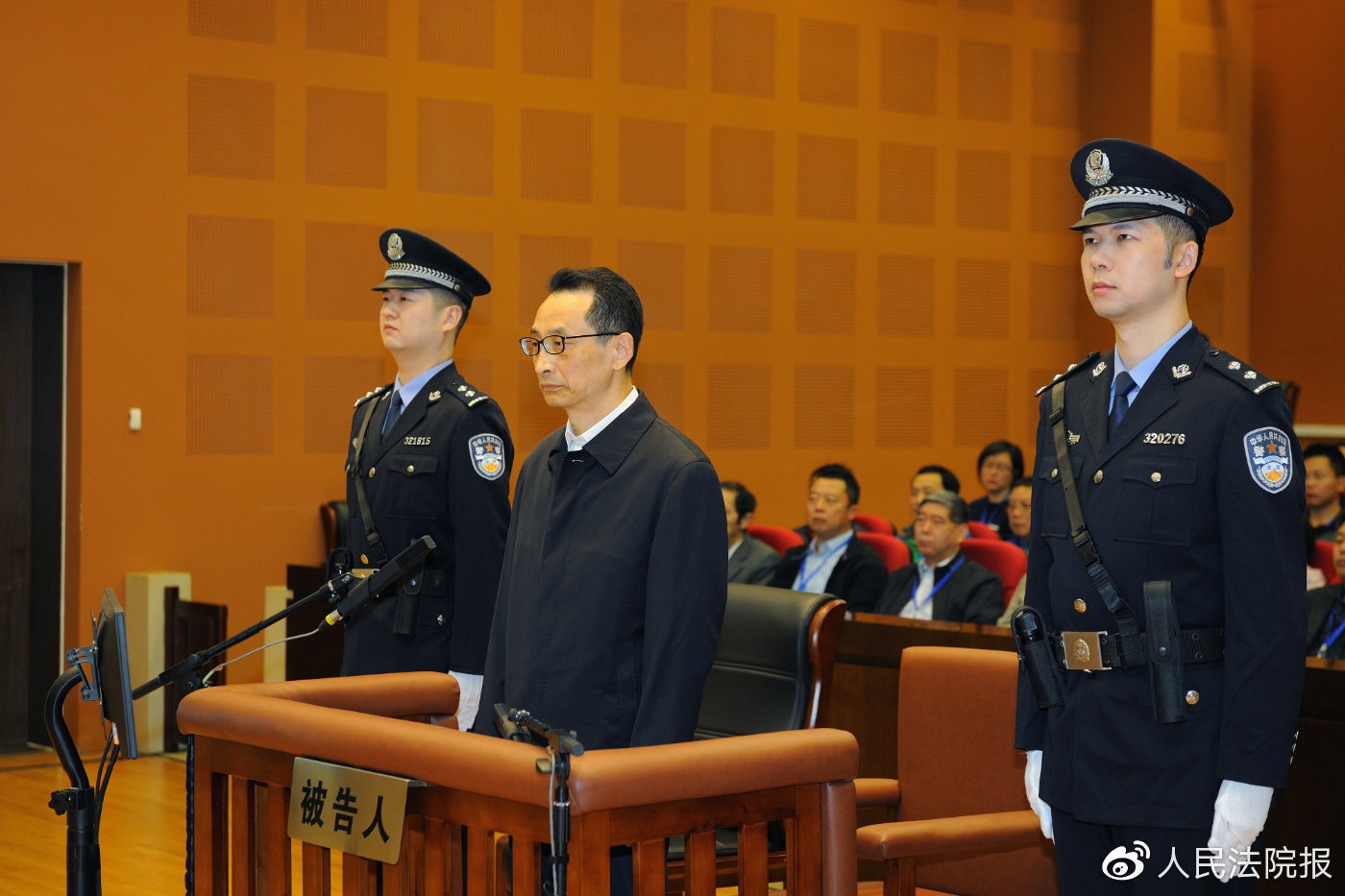
As the new year is just around the corner, we decided to present something a little bit light in today’s note – China’s top 10 political scandals of 2019. While not all of them are market movers, these cases do demonstrate the scope, depth, and implications of Beijing’s anti-corruption campaign, which shapes policy outcomes at both local and central levels.
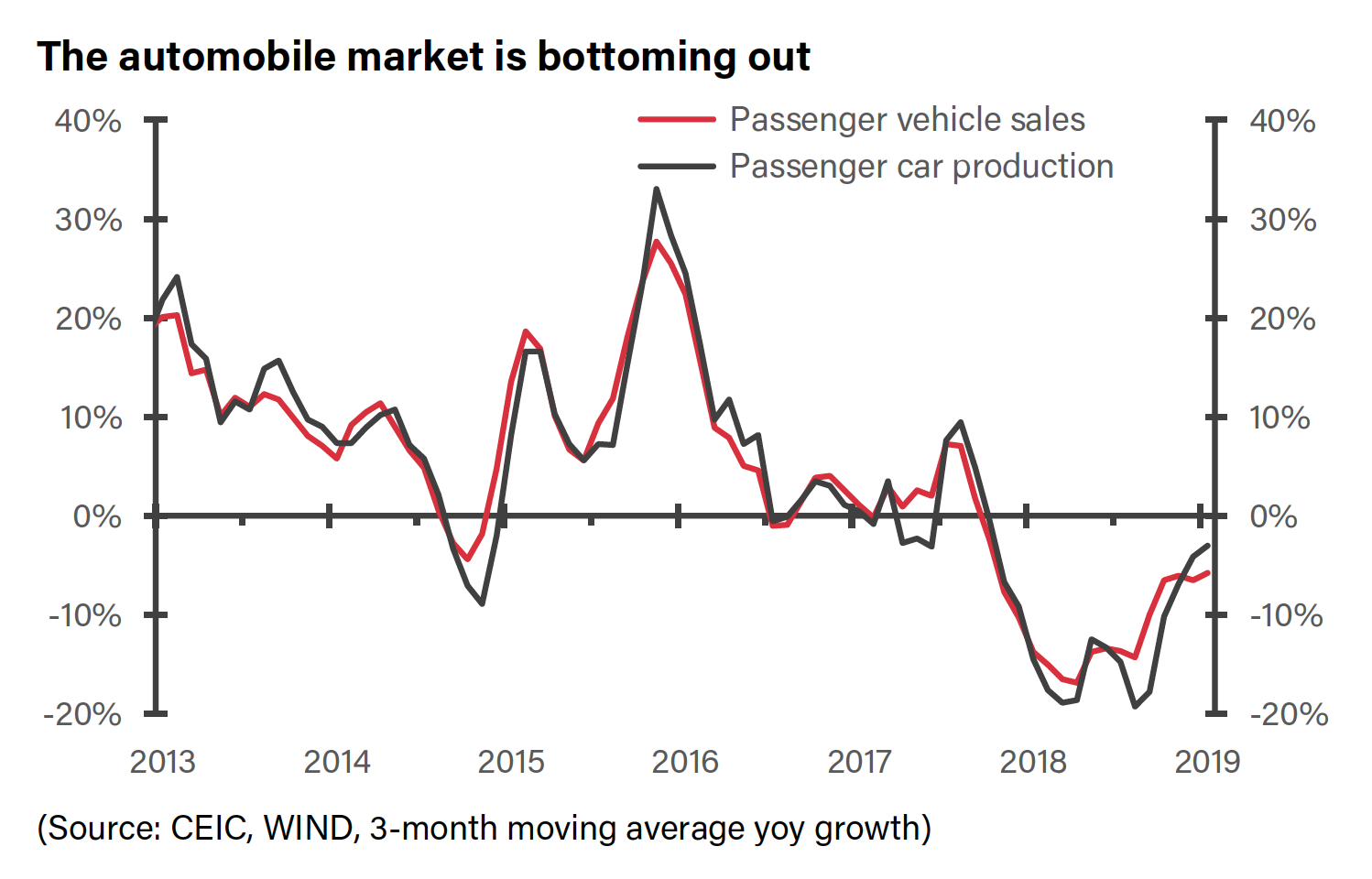
Following the announcement of the Phase One trade deal, two things are confirmed based on the interviews and texts given by Chinese and US officials. First, the tariff escalation has paused for now and the US agreed to cut the September tariff hike of 15% on $120bn Chinese goods by half, to 7.5%.
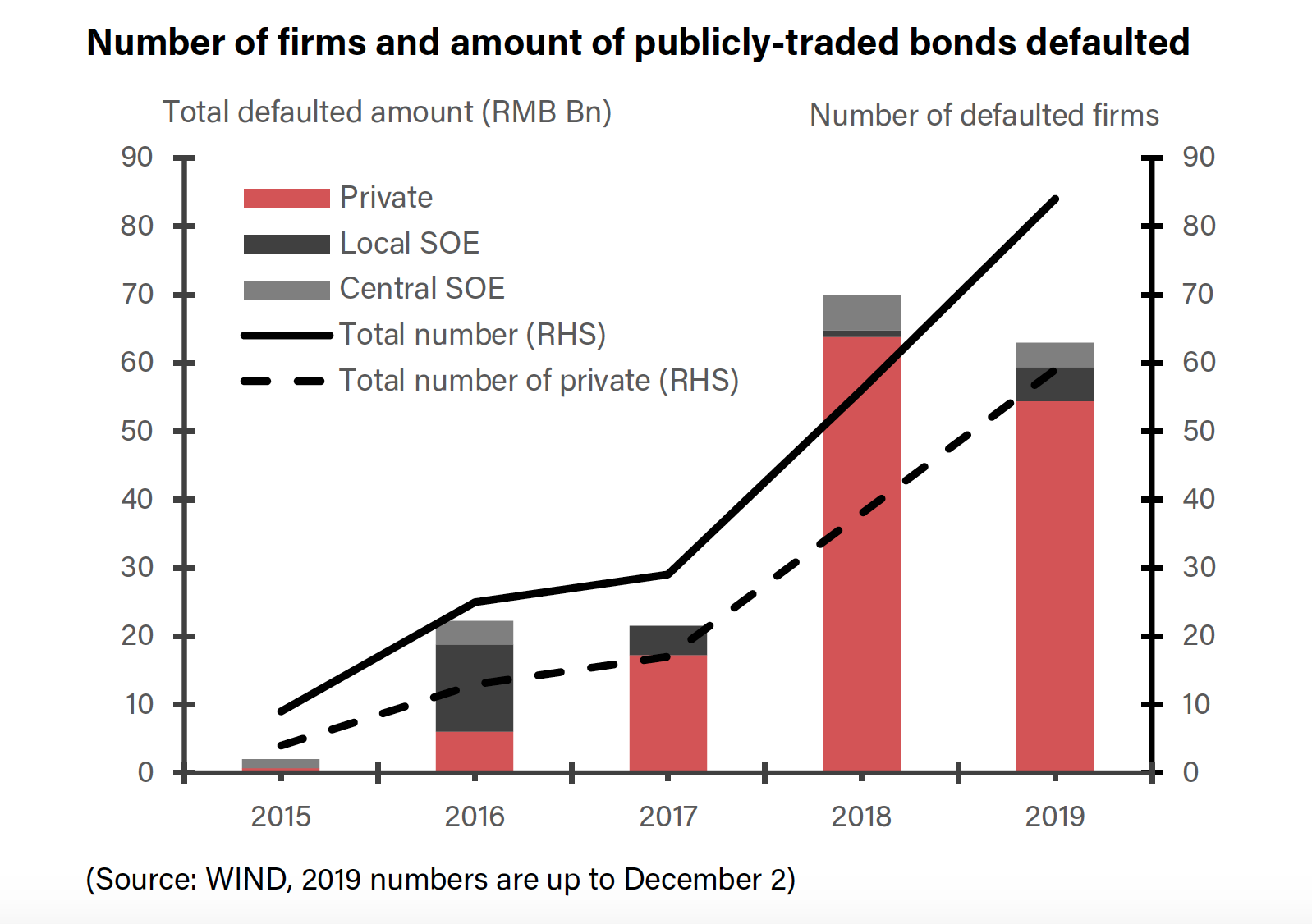
As Beijing continues to carry on the de-risking campaign, more troubled firms are getting exposed and started to default in the domestic bond market. By the end of last week, the total amount of publicly-traded bond defaults was RMB 63bn in 2019, and it is on track to surpass last year’s RMB 69bn.
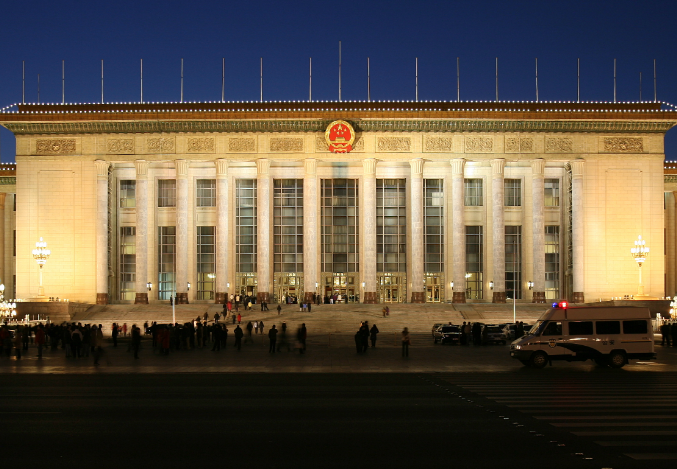
The new pattern makes provincial vice party secretary position much more important for officials seeking top provincial jobs, and an important bellwether to identify emerging, future leaders. It also means that when officials were appointed provincial vice party secretaries or governors, they were already expected to become governors and eventually provincial party secretaries.
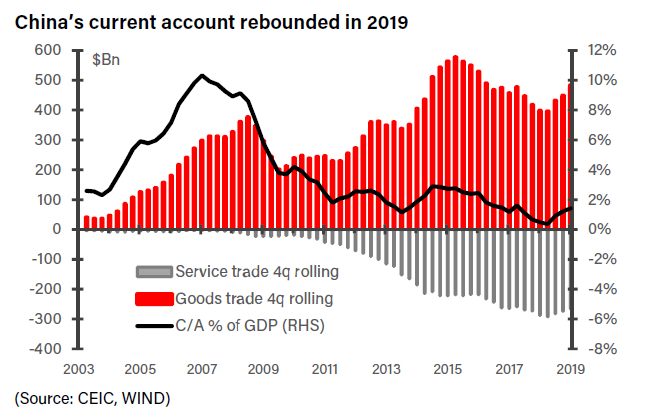
The trade war between China and the US has lasted for over 18 months and this has caused damage. China has suffered, but it is not losing very big yet. In fact, its current account surplus rebounds in 2019 and is on track to hit over $200bn (1.5% GDP) for 2019, defying speculations that the country was about to fall into current account deficit.
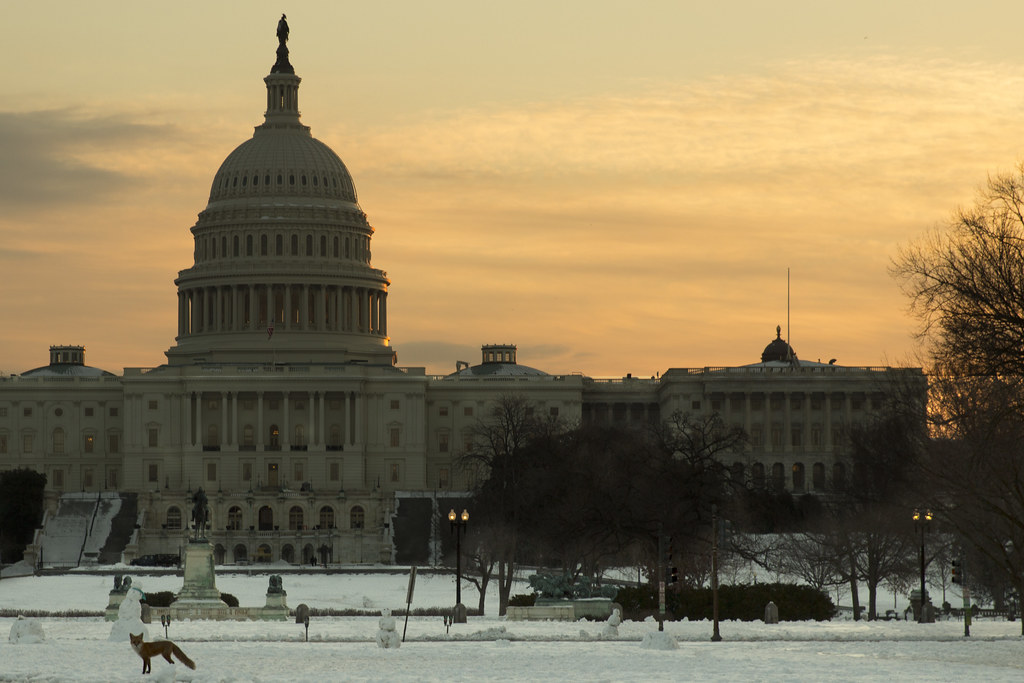
The US Congress is paying significantly more attention on China and the stance is increasingly hawkish with bipartisan support. Following the recently passed bills on Hong Kong, the Uyghur Human Rights Policy Act (UHRPA) will likely pass tomorrow. we expect more bills to become law in 2020 on Taiwan and 5G. These will irritate Beijing but have little impact on the Chinese economy.
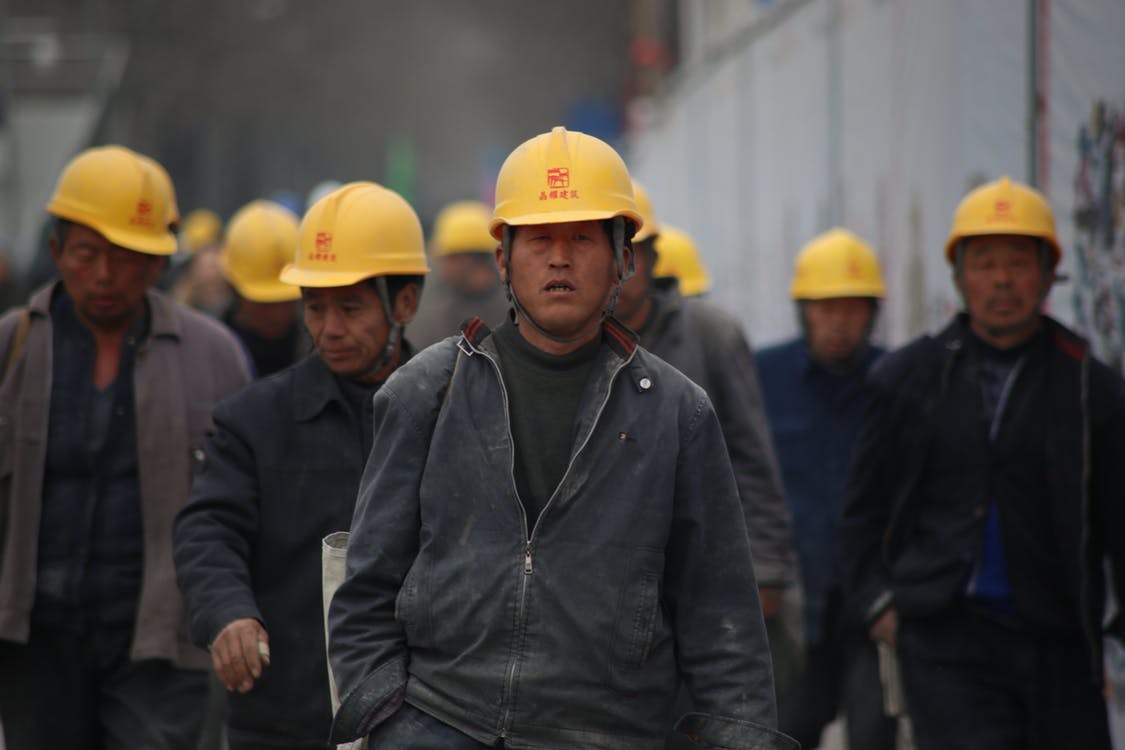
The Party’s leadership put environmental protection as one of the three key “tough battles” and asked local governments to reduce air-pollution level by 18% in 2020 from that of 2015. So far, most provinces have beat the targets thanks to tough restrictions on the industrial sector, especially in winter when pollution is worse.
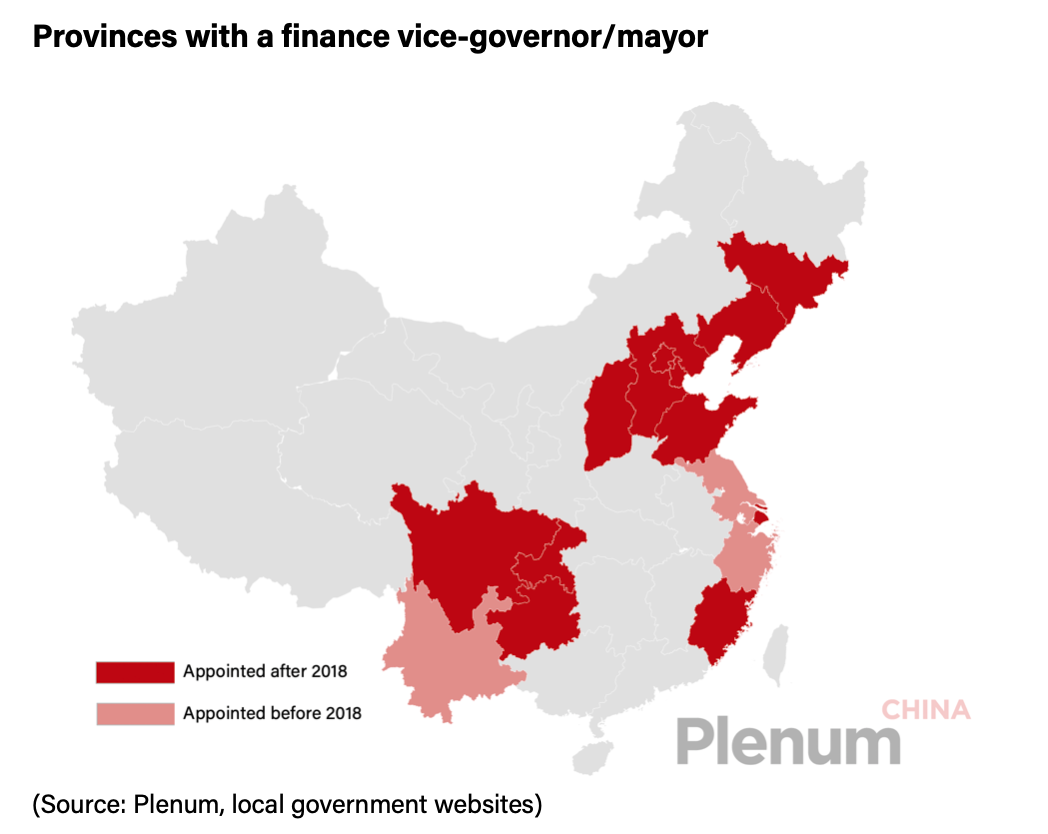
Traditional political factions, which used to be important in understanding China’s political dynamics, have been weakened by the anti-corruption campaign and lost their prominence, and other groups are on the rise. Among them, a couple groups of technocrats stand out. They are the rocket scientists and bankers. Some of them are expected to join the 25-people Politburo in the upcoming party congress and become the country’s most powerful leaders.